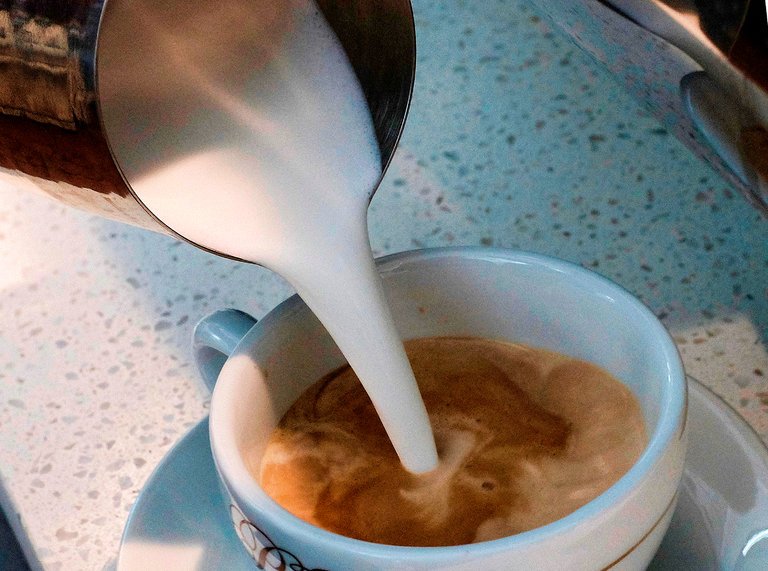Supported by
Business Day
Coffee Industry Mulls Options After Ruling Requires Cancer Warnings
The coffee industry is mulling how to fight back against a California judge’s ruling that would require the beverage to be branded with cancer warning labels.
The National Coffee Association, whose members include Starbucks and Dunkin’ Donuts, said in a statement on Thursday that it was “currently considering all of its options, including potential appeals and further legal actions.”
The ruling stems from a lawsuit filed in 2010 by the Council for Education and Research on Toxics, a nonprofit group based in Long Beach. The group charged that Starbucks and other companies — a group that eventually included 91 defendants — did not warn consumers that ingesting coffee would expose them to acrylamide, a chemical formed when coffee beans are roasted.
California keeps a list of chemicals it considers to cause cancer or reproductive harm, and acrylamide has been included since 1990. The state’s Safe Drinking Water and Toxic Enforcement Act, known as Proposition 65 after it was passed in 1986, requires businesses to provide warning labels when exposing consumers to any of the hundreds of chemicals listed.
Advertisement
Continue reading the main story
Judge Elihu M. Berle, in Los Angeles County Superior Court, wrote in a proposed decision on Wednesday that the companies failed to show that acrylamide does not pose a significant risk when produced during the coffee roasting process.
Continue reading the main story
“Since defendants failed to prove that coffee confers any human health benefits, defendants have failed to satisfy their burden of proving that sound considerations of public health support an alternate risk level for acrylamide in coffee,” the judge wrote.
Newsletter Sign Up
Continue reading the main story
Please verify you're not a robot by clicking the box.
Invalid email address. Please re-enter.
You must select a newsletter to subscribe to.
Sign Up You agree to receive occasional updates and special offers for The New York Times's products and services.
Thank you for subscribing.
An error has occurred. Please try again later.
You are already subscribed to this email.
View all New York Times newsletters.
- See Sample
- Manage Email Preferences
- Not you?
- Privacy Policy
- Opt out or contact us anytime
The coffee trade group said that warning labels “would be misleading.” It cited statements from the World Health Organization that the drink does not cause cancer and “study after study” showing that coffee offers health benefits like longevity.
“Coffee has been shown, over and over again, to be a healthy beverage,” said William Murray, the chief executive of the coffee trade group, in a statement. “This lawsuit has made a mockery of Prop. 65, has confused consumers, and does nothing to improve public health.”
Starbucks and other defendants can file objections to the proposed decision within the next two weeks.
Businesses that violate Proposition 65 could face penalties of up to $2,500 per day for each violation, according to the California Attorney General’s office.
The National Cancer Institute notes that, among foods, coffee is a major source of acrylamide, along with potato chips, bread, breakfast cereals and canned black olives. But the government agency also mentions on its website that acrylamide levels in food vary widely and that “people are exposed to substantially more acrylamide from tobacco smoke than from food.”
Follow Tiffany Hsu on Twitter: @tiffkhsu.
Continue reading the main story Read the Original Article






























